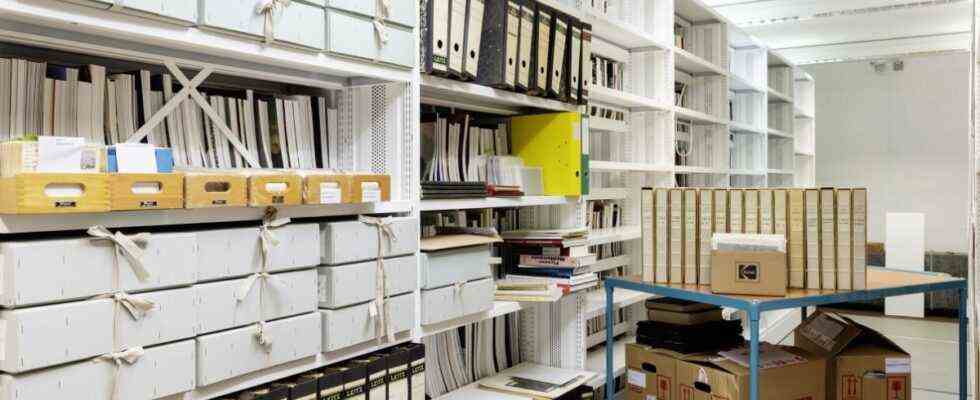Museums everywhere are currently struggling due to pandemics. But the problems that the Kunsthaus Zürich has been grappling with for some time are mostly homemade. For months, the art institution has not been able to convincingly deal with the historically burdened art collection of the armaments industrialist Emil Bührle (1890 – 1956), which has been presented in a magnificent new Chipperfield building since this year. Bührle once supplied the Nazi regime with weapons and not only benefited considerably from his arms deliveries to Nazi Germany, but also from participating in forced labor in a German women’s concentration camp.
The Zurich cannon king loved impressionists and began collecting art on a large scale during the war. Bührle preferred to invest his profits from the arms business in art from former Jewish property. After the war, the collector had to restitute part of his collection as looted art to the rightful owner, but then simply bought some of the pictures back. He could afford it.
How do you deal with such a poisoned collection? What does his story do with the pictures that now hang in the museum like silent witnesses to a dark story of robbery and destruction? Wouldn’t it be better to have their origins researched by independent scientists before showing them in a museum? The previous attempts by the private EG Bührle Collection Foundation and the Kunsthaus management to steer the focus away from the historical context and towards the beauty and sublimity of art went completely wrong. That is probably why Lukas Gloor, director of the Bührle Foundation, recently rumbled in a newspaper interview: “But it must not be that the collection becomes a memorial for Nazi persecution, that does not do justice to the pictures.”
But at the press conference on Wednesday morning, to which the largest museum in Switzerland had invited, no change of course was announced as to how the Bührle complex should be handled differently in the future. On the contrary. The manner in which the five representatives from the Kunsthaus Zürich, Zürcher Kunstgesellschaft and Bührle Foundation refused to address the Zurich museum crisis and instead praised themselves for their lack of crisis management was eerie. The Zurich event also seemed particularly unrealistic because the art museum in Bern recently pushed ahead with a particularly progressive stance in terms of restitution policy.
Will the loan damage the reputation of the renowned museum permanently?
And so the discussion about questionable provenances, looted art, cultural assets seized due to Nazi persecution, war profits, forced labor, emergency sales of people fleeing across Europe in Zurich will probably continue. And the question may have to be discussed ever more intensively as to whether the collection that came to the museum as a long-term loan did not damage the reputation of the house in the long term, perhaps irreparably.
The Bernese historian and journalist Erich Keller described the reasons for the growing discomfort with the Bührle collection in his recently published book “The Contaminated Museum”, a very readable, lucid analysis of the Bührle complex: “On the one hand, it is the The origin of the funds that were used to build it up and, on the other hand, the origin of a still undetermined number of objects that belong to the collection. A circularity that is exceptional in this form is evident: funds that originate from warlike, non-neutral, sometimes illegal transactions – and which were used to acquire art objects that had first come onto the markets as a result of the anti-Semitic, National Socialist policies of robbery and persecution. ” Would a commission under discussion along the lines of the German Limbach Commission help shed light on this?
If any big news was announced at the press conference yesterday, it is that nothing will change for the time being. Kunsthaus director Christoph Becker has probably gambled away what might be the last chance to make a name for himself as a reformer. It looks like Becker will be more stubborn when he hands over the management of the Kunsthaus to the new director Ann Demeester in January 2022.

